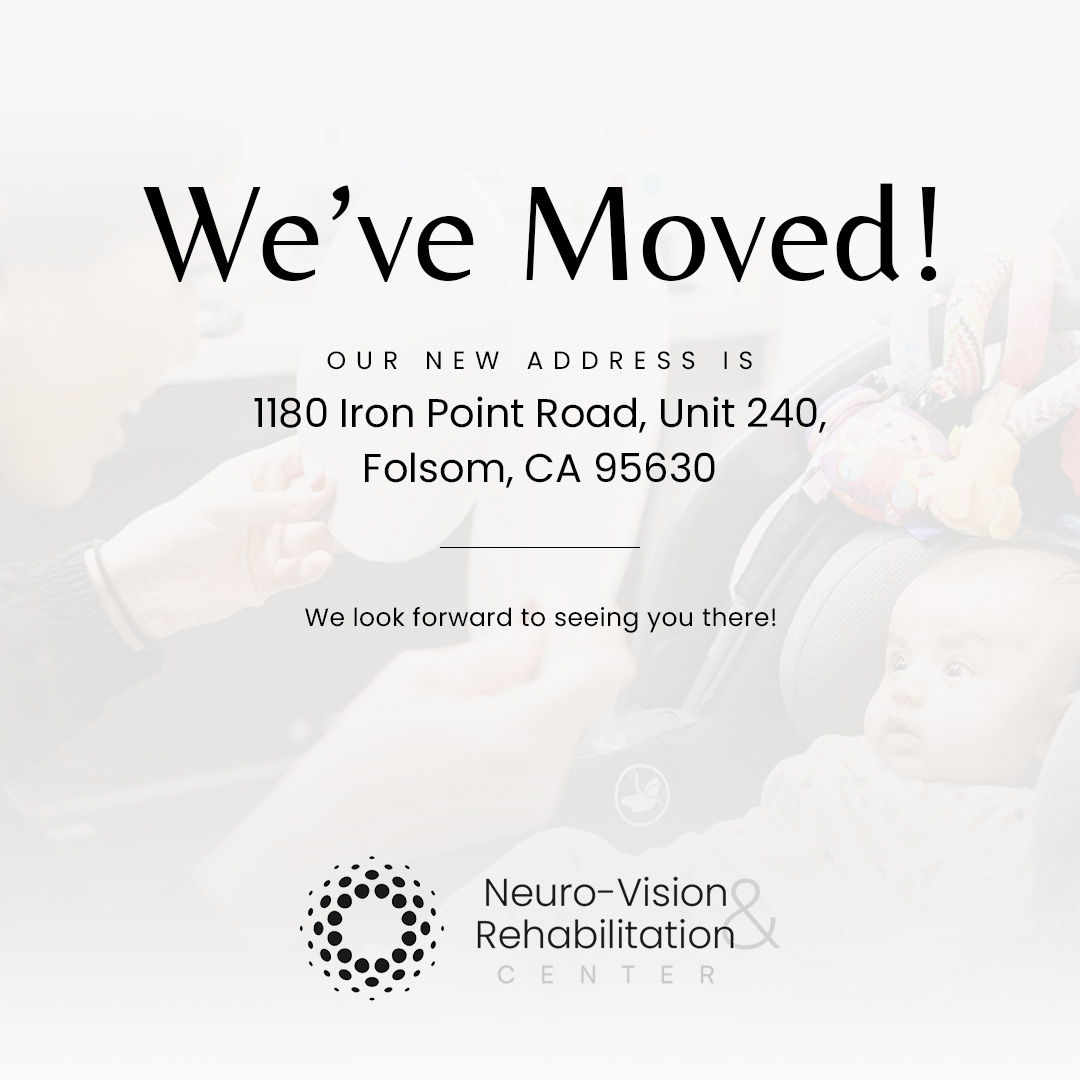
Balance problems aren’t always caused by the inner ear or neurological issues - sometimes, the eyes are the source. When the visual system sends the brain conflicting signals, it can create motion sensitivity, and disorientation. At Neuro-Vision & Rehabilitation Center, we often find that patients struggling with balance challenges are experiencing subtle vision issues such as Binocular Vision Dysfunction (BVD) or visual disruptions after a traumatic brain injury (TBI). Identifying these hidden vision problems through a specialized assessment can be the key to lasting relief.
What Is Visual Vertigo?
Visual vertigo is dizziness, imbalance, or motion sickness that is triggered or worsened by visual environments. Common examples include:
• Feeling dizzy while in a crowded store
• Becoming disoriented when scrolling on a phone or computer
• Experiencing nausea when riding in a car or watching moving objects
When the eyes don’t work together properly, the brain receives conflicting messages that disrupt its ability to maintain balance.
The Role of Binocular Vision Dysfunction (BVD)
Binocular Vision Dysfunction (BVD) occurs when the two eyes are even slightly misaligned. This small misalignment forces the brain to work harder than it should to merge two different images into one. Over time, this constant strain can lead to a variety of symptoms, including dizziness, lightheadedness, headaches, poor depth perception, and difficulty focusing in busy or stimulating environments.
Because balance depends on accurate visual input to maintain spatial awareness, BVD can directly contribute to visual vertigo. What makes this condition especially challenging is that many patients are unaware their balance issues stem from a subtle misalignment of the eyes rather than from the inner ear or another medical problem.
How Traumatic Brain Injuries Affect Balance
Traumatic brain injuries (TBI), whether caused by concussions, falls, or accidents, can significantly disrupt visual processing. After a TBI, patients often experience heightened sensitivity to motion and light, difficulty with eye tracking and focusing, and challenges navigating visually busy environments.
Since the brain depends heavily on vision to orient itself in space, even small disruptions in how the eyes and brain work together can have a major impact on balance. This often results in chronic dizziness, disorientation, and instability that persists long after the initial injury has healed. A specialized Neuro-Vision evaluation can identify these hidden visual deficits and provide targeted rehabilitation strategies to restore balance and improve quality of life.
The Importance of a Binocular Vision Assessment
For patients experiencing dizziness, imbalance, or suspected visual vertigo, the most accurate way to diagnose vision-related balance problems is through a binocular vision assessment.
This specialized exam goes beyond a standard eye test and evaluates:
• Eye alignment - Detects even small misalignments that can cause Binocular Vision Dysfunction (BVD).
• Eye teaming and coordination - Assesses how well both eyes work together.
• Depth perception and spatial awareness - Identifies disruptions that affect balance.
• Eye tracking and focusing skills - Reveals problems often seen after traumatic brain injuries (TBI).
• Visual processing - Looks at how the brain interprets and integrates visual input with balance systems.
By identifying misalignments and inefficiencies, our doctor can create personalized treatment plans that may include specialized lenses, prisms, or vision therapy to reduce symptoms and restore balance.
Take the Next Step at Neuro-Vision & Rehabilitation Center
At Neuro-Vision & Rehabilitation Center, we specialize in diagnosing and treating these complex visual conditions. Through advanced binocular vision assessments and tailored rehabilitation, we help patients regain stability, confidence, and quality of life.
Don’t let vision-related balance problems control your life. Schedule a binocular vision assessment with Neuro-Vision & Rehabilitation Center and take the first step toward clearer vision and steadier balance. Visit our office in Folsom, California, or call (279) 321-9059 to book an appointment today.












